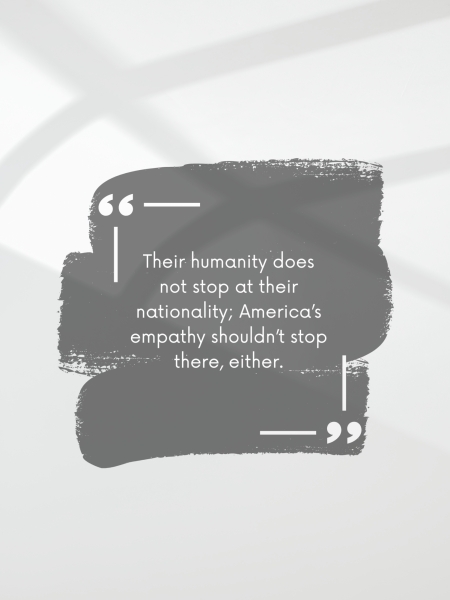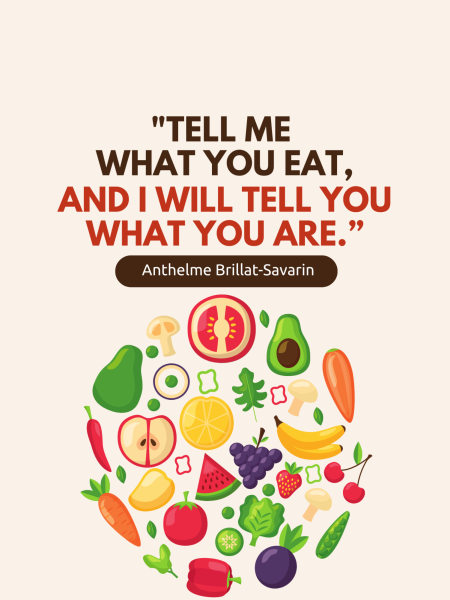Extra involvement not essential for success
In the four years of high school, students are expected to have made life-long friends, have stable part-time jobs, get good grades and, on top of all of that, participate in extracurricular activities. However, this living up to this ideal isn’t reasonable for most high school students.
Many people who don’t participate in after-school clubs don’t have a choice about it. Students usually have part-time jobs and need time for shifts. This may be because they have a car to make payments on, or gas and insurance to pay for. Or maybe they want to have spending money, and to spend the few days they have off with their friends. Perhaps they need the money to support their family and can’t afford to miss work shifts or spend money on events.
Attending sports events or participating in sports in general should not be a part of the “ideal high school experience.” Students shouldn’t feel pressured to attend sports games to enjoy their time in high school. And the same goes for time-consuming clubs, even though they might look good on college applications. According to crimsoneducation.org, “In the U.S., extracurriculars account for about 30% of your application. With the elimination of SAT Subject Tests and the trend of universities going test-optional, extracurriculars are the one component that continues to carry a lot of weight.”
But clubs are useless unless you plan to go to an out-of-state college. They take up time that students could use to catch up on homework or visit teachers for help. And a lot of clubs demand time outside of regular meetings. Some clubs travel out of town for competitions and can cause students to miss classes. Clubs won’t matter on college transcripts if they drive failing grades.
It may be said that clubs and sports games can connect the student body; they can bring people together who have the same interests but don’t know each other. These activities can give the students pride in their school, and that’s great. But they should not be what defines an excellent high school experience. Clubs prevent students from spending time on school work or relaxation, and clubs can take time away from friends and family. If participating in after-school clubs and sports brings a student happiness and isn’t a disadvantage, they should do it. But students who choose to do otherwise should be able to do so without feeling like they’ve missed out on an authentic high school experience.






